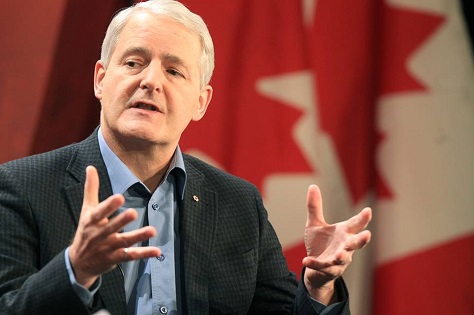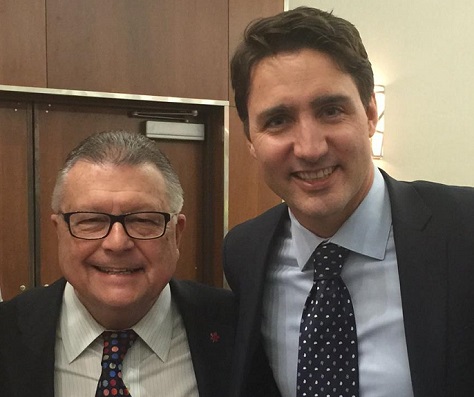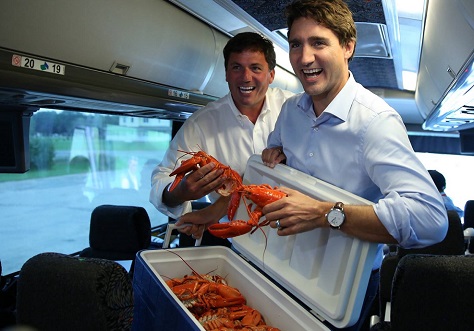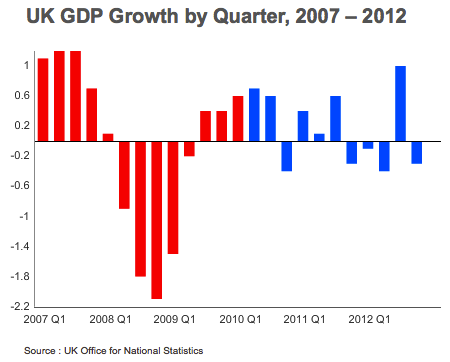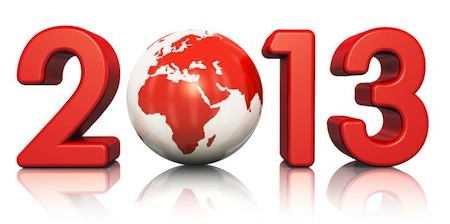
Among the new faces taking power today in Ottawa, perhaps none is more important to prime minister Justin Trudeau’s success or failure in office than his finance minister, the 53-year-old Bill Morneau, a Bay Street executive who was only just elected to parliament for the first time in 2015.![]()
Morneau’s announcement as finance minister was the most consequential of many key personnel decisions announced this morning when Trudeau was sworn in as Canada’s 23rd prime minister, taking a job that his father, Pierre Trudeau, held from 1968 to 1979 and again from 1980 to 1984.
Justin Trudeau’s cabinet is smaller than the outgoing cabinet and, with 31 members, it is comprised of 16 men and 15 women and includes someone from every province (and the territory of Nunavut).
Finance Minister Bill Morneau

A rookie MP elected for the first time on October 19 from the Toronto Centre riding, Morneau comes to the finance ministry as the former head of Morneau Shepell, Canada’s largest human resources firm (and a firm founded by Morneau’s father) and as the former chair of the C.D. Howe Institute, a relatively centrist economics think tank based in Toronto. In 2014, he was part of a panel appointed by Kathleen Wynne, Ontario’s Liberal premier, to examine her plan to introduce an Ontario-based pension plan that supplements the federal pension plan.
Trudeau, whose Liberals were languishing in third place in most polls all summer long, gained traction among voters when he pledged in September that, in he face of a recession across the country, his government would pursue a more expansionary fiscal policy to develop infrastructure and boost demand for jobs — including taking on $25 billion in debt for three years before a return to balanced budgets in 2019-20. For a country where fiscal restraint has been gospel, not only for the past nine years of Conservative prime minister Stephen Harper’s government, but throughout the preceding 13 years of Liberal rule under Jean Chrétien and Paul Martin, promising to engage openly in deficit spending might have been a risky move.
* * * * *
RELATED: Nine things to watch as Canada’s next Trudeau era begins
* * * * *
Instead, it galvanized centrist and left-of-center voters that had previously been split between the Liberals and the New Democratic Party (NDP). With NDP leader Thomas Mulcair pledging balanced budgets in what would have been Canada’s first NDP-led government, Trudeau’s bold policy stand in favor of deficit spending convinced voters that the Liberals represented the more convincing agents of change. Trudeau, earlier in the campaign, promised to implement a modest tax increase on Canadians who earn more than $200,000 annually and a modest tax cut for middle-class Canadians.
Morneau’s most important task as finance minister will be finding a way to translate Trudeau’s plan into an actionable budget. But as a former businessmen with ties to Bay Street, Morneau is a natural choice to assuage the fears of Canada’s business community, and his status as a novice politician brings an element of new blood to a cabinet that has both old and new faces.
Morneau’s selection is also a victory for Wynne, who was a vocal supporter of the federal Liberal Party and of Trudeau’s campaign. Wynne often clashed with Harper, who essentially instructed his government in Ottawa not to cooperate with the pension supplement plan that Wynne pushed through Ontario’s legislative assembly last year.
He joins a growing group of rookie finance minster with more experience in the private sector than in parliamentary or governmental circles, including Greece’s Yanis Varoufakis, the Czech Republic’s Andrej Babiš and Israel’s Yair Lapid.
Morneau will also have a hand in several hot-button issues that will affect the Canadian economy, including relations with the United States, a decision about whether the trans-Canadian Energy East pipeline should proceed and finalizing the terms of the Trans-Pacific Partnership, the 12-country free trade pact linking North America, South America and East Asia.
Treasury Board President Scott Brison
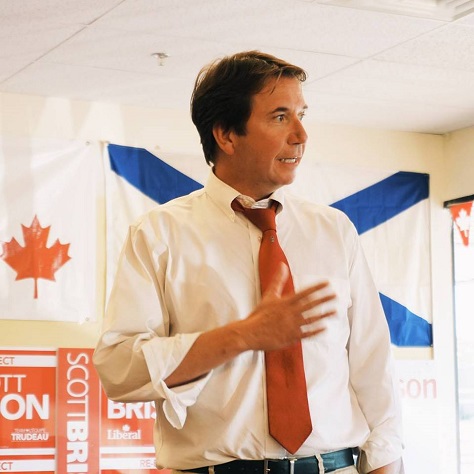
One of those is Scott Brison, who will be the next president of the Treasury Board. In that role, Brison will work very closely with Morneau as a behind-the-scenes official in charge of running much of the Canadian government. If Morneau is tasked with selling the Trudeau government’s economic policy, it will be Brison who is largely responsible for carrying it all out– and then some.
Brison, born and raised in Nova Scotia, has been an MP since 1997, is openly gay, began his career as an investment banker, and he started off in politics as a rising star in the center-right Progressive Conservative Party. He’s only 48 years old, is known to be a close personal friend of Mark Carney, the former governor of the Bank of Canada who, in 2013, became the governor of the Bank of England.
Brison was one of five candidates in the 2003 Progressive Conservative leadership race, though he was eliminated on the second ballot when Jim Prentice (a short-lived Alberta premier, former environmental minister and Harper consigliere) outpaced him by three votes. Just days after the Progressive Conservatives voted to merge themselves into Harper’s more dominant, western-based Canadian Alliance to form the Conservative Party of Canada, Brison switched parties. Within months, then-prime minister Paul Martin had already appointed Brison to the cabinet as public works minister. Brison, who ran for and lost the Liberal leadership election in 2006, has served as the Liberal’s chief finance critic, a role he’s often used to attack Conservative budgets with caustic energy, and he heartily supported Trudeau’s near-coronation to the leadership in 2013.
Foreign Affairs Minister Stéphane Dion

Stéphane Dion, who authored the Clarity Act in 2000 that sets forth the terms of any future secession referendum in Canada, and who garnered international headlines as Canada’s activist environmental minister (who once named his dog Kyoto), led the Liberals to disastrous result in the 2008 election after a merciless campaign that saw his professorial manner dismissed as not “prime ministerial enough” and his English language skills savaged in the media.
But Dion is a serious parliamentarian who has much to offer the next government and, as a former leader, he follows in the footsteps of former British Conservative leader William Hague, former French prime minister Alain Juppé and even US secretary of state John Kerry as a foreign affairs minister. His first test will come later this month at the Paris climate change conference, where he will join a Canadian government now much more engaged than the previous Harper government on climate change. Dion is suited like a glove for the event, but he will also bring thoughtful and diligent experience of nearly 20 years of government service to Trudeau’s cabinet.
Defence Minister Harjit Sajjan
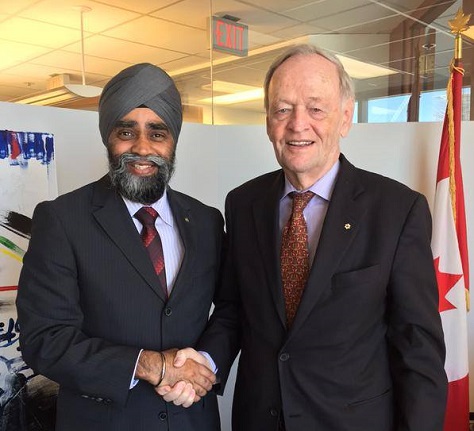
Harjit Sajjan, the newly elected MP for Vancouver South is, like Morneau, a newcomer to the House of Commons, to say nothing of ministerial service. But the Punjab-born Sajjan, who moved to Canada as a five-year-old, will serve as Canada’s first Sikh defence minister after three tours of duty in Afghanistan and a military career as a highly decorated veteran.
Sajjan defeated Conservative incumbent Wai Young to take the riding in October, a riding once held by former British Columbia premier Ujjal Dosanjh and home to one of the largest immigration populations in the country, including many Indian Canadians and Chinese Canadians. After his military career, where he reached the rank of lieutenant-colonel, Sajjan served as a Vancouver police officer.
Transport Minister Marc Garneau
Marc Garneau, a Montreal-based MP since 2008, was once himself considered leadership material, and he waged his own campaign in 2013 (stepped down as Trudeau’s inevitability became apparent). The first canadian in outerspace, Garneau served as the president of the Canadian Space Agency from 2001 to 2006 before turning to politics. As transport minister, he will face more policy issues about trains and highways than about space shuttles, but with infrastructure spending tops on the Trudeau agenda, Garneau could play an important role in choosing the projects to prioritize and administering those projects.
Public Safety Minister Ralph Goodale
Ralph Goodale, who last served as Liberal finance minister in Paul Martin’s government between 2003 and 2006, was first elected as prime minister in 1974 when Trudeau’s father, Pierre Trudeau, was prime minister. He lost his bid for reelection in 1989 and turned to provincial politics as the leader of the Saskatchewan Liberal Party, a venture that saw little success. Returning to parliament in 1993, he served as one of the Liberal’s most prominent westerners in government as agriculture minister, natural resources minister and public works minister before his elevation to the finance ministry. At age 66, Goodale joins Dion as one of the most experienced members of the Trudeau cabinet. LIke Garneau, the incoming public works minister will work to identity and administer the infrastructure spending that Trudeau wants to use to juice the Canadian economy back out of recession.
International Trade Minister Chrystia Freeland
A writer, former deputy editor of The Globe and Mail and a former managing director and editor of Thomson Reuters, Chrystia Freeland returned from a promising journalistic career in New York to run in a by-election in Toronto to replace Bob Rae two years ago, the retiring interim leader of the Liberal Party. Freeland, who easily won reelection in October, is a proponent of free trade and, presumably, as minister of international trade, will work with Trudeau to implement the Trans-Pacific Partnership just weeks after Harper’s government signed the landmark trade accord. Though Trudeau hasn’t fully endorsed the TPP, he made it very clear throughout the campaign that the Liberal government would be friendly to free-trade accords.
Environmental Minister Catherine McKenna
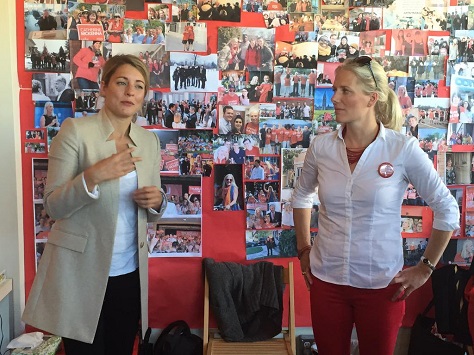
Nowhere does Liberal policy shift more fully from the Harper era than on the environment and climate change. Beyond the Paris conference, the next Canadian government will have a handful of decisions to make about a handful of energy pipelines, including the transcontinental Energy East pipeline. The 44-year-old McKenna, with a career as a human rights attorney, is also a newcomer to parliament, winning her riding in Ottawa Centre for the first time last month.
House of Commons Leader Dominic LeBlanc
Dominic LeBlanc, who has represented the Beauséjour riding from New Brunswick since 2000, is only three years older than McKenna, but he might be among the most knowledgeable Liberal ministers about how to navigate government. The son of former senator and governor-general Roméo LeBlanc, Canada’s new leader of the House has been friends with Trudeau since childhood, and he has long been a key adviser to the new prime minister. Though he’ll be one of the highest-ranking cabinet officials from Atlantic Canada, he is also very much Trudeau’s man in the House of Commons.
